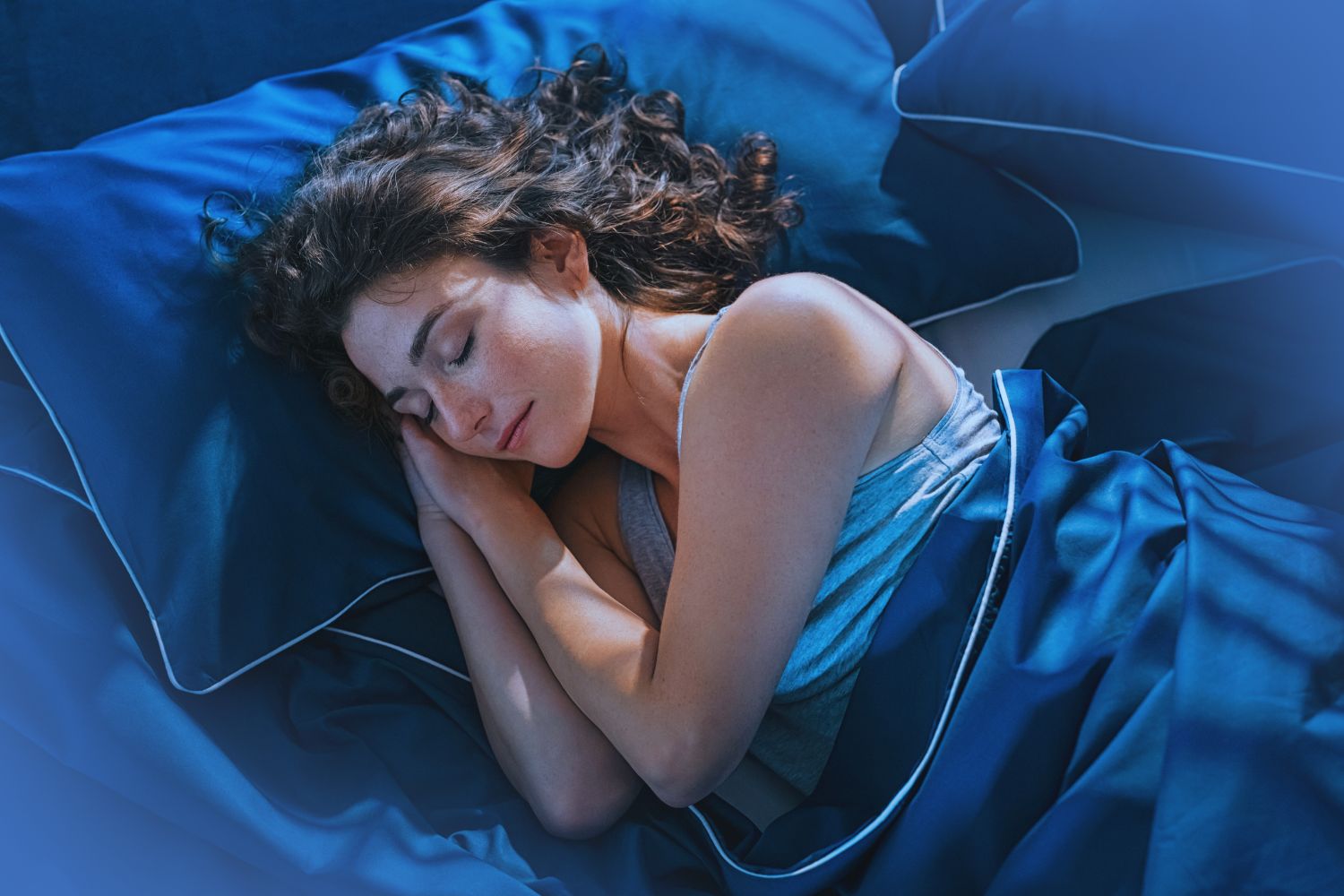Getting good sleep is one of the most important things you can do for your health—just as crucial as eating well and exercising. But let’s be honest: great sleep doesn't always come naturally. Whether you’re dealing with stress, noise, a busy schedule, or just bad habits, a few simple tweaks can make a big difference.
Below are 21 expert-backed tips to help you sleep better, wake up refreshed, and feel more energized every day.
1. Stick to a Consistent Sleep Schedule
Going to bed and waking up at the same time every day helps regulate your body’s internal clock. Even on weekends, keeping a consistent schedule supports your natural circadian rhythm and makes falling asleep easier.

2. Limit Exposure to Artificial Light at Night
Blue light from phones, TVs, and computers can suppress melatonin. Use blue light filters, dim the lights in the evening, and power down screens at least an hour before bed.
3. Set a Sleep-Inducing Environment
Keep your bedroom cool, quiet, and dark. Consider blackout curtains, a white or pink noise machine, and calming scents like lavender. Your bedroom should be your sleep sanctuary.
4. Choose the Right Mattress and Pillows
Comfort counts. Invest in a mattress and pillows that support your preferred sleeping position and relieve pressure points. Worn-out bedding can lead to discomfort and sleep disruptions.
5. Get Natural Light Exposure
Sunlight helps regulate melatonin, the hormone that controls sleep-wake cycles. Aim to get outside during the day, especially in the morning, to support a healthy circadian rhythm.
6. Be Smart About Naps
Short naps (20–30 minutes) can be beneficial, but long or late-day naps can make it harder to fall asleep at night. If you’re struggling with nighttime sleep, skip the nap.

7. Create a Relaxing Bedtime Routine
Unwind with calming activities before bed—like reading, stretching, or listening to soft music. Avoid stressful conversations, intense workouts, or screen time close to bedtime, which can interfere with your ability to fall asleep.
8. Avoid Caffeine Late in the Day
Caffeine is a stimulant that can linger in your system for hours. Cut off coffee, tea, energy drinks, and even chocolate in the late afternoon and evening to promote restful sleep.
9. Limit Alcohol Before Bed
Though alcohol might make you sleepy at first, it interferes with REM sleep and can lead to frequent wakeups throughout the night. If you drink, do so in moderation and well before bedtime.
10. Eat Light in the Evening
Heavy or spicy meals before bed can cause indigestion and keep you up. Try to finish eating at least 2–3 hours before bedtime to give your body time to digest.
11. Exercise Regularly (But Not Too Late)
Regular physical activity helps you fall asleep faster and sleep more deeply. Just avoid vigorous exercise within two hours of bedtime—it may rev you up instead of winding you down.
12. Keep Your Bedroom Cool
Your body temperature naturally drops during sleep. A cool room—around 60–67°F (15–19°C)—can help your body settle into deeper stages of sleep more quickly.

13. Wind Down Your Mind
Stress, anxiety, or racing thoughts can sabotage sleep. Journaling, breathing exercises, meditation, or gentle yoga can calm the mind and prepare it for rest.
14. Keep Clocks Out of Sight
Watching the clock when you can’t sleep can cause stress and make it harder to doze off. Turn your clock away from you or move it out of the bedroom entirely.
15. Use the Bedroom Only for Sleep and Intimacy
This helps your brain associate the bedroom with rest. Avoid working, eating, or watching TV in bed, which can blur the boundaries and confuse your body’s sleep signals.Wiki
16. Wake Up with Natural Light
Let the sunlight in as soon as you wake up. Natural light in the morning helps reset your circadian rhythm, making it easier to fall asleep and wake up on time.
17. Try Aromatherapy
Scents like lavender, chamomile, and sandalwood can promote relaxation and improve sleep quality. Use an essential oil diffuser or pillow mist to create a calming vibe.

18. Try Progressive Muscle Relaxation
This technique involves tensing and then slowly relaxing each muscle group, one at a time. It’s a proven way to release physical tension and prepare your body for sleep.
19. Get Out of Bed If You Can’t Sleep
If you can’t fall asleep after 20 minutes, get up and do something relaxing in low light—like reading or listening to calming music. Lying in bed awake can actually condition your body to associate the bed with stress or alertness.
20. Use a Weighted Blanket
Weighted blankets offer gentle pressure that can ease anxiety and help some people fall asleep faster. They’re especially useful for those with sensory sensitivities or trouble winding down.
21. Try Visualization or Guided Sleep Stories
Guided imagery or sleep stories can give your brain something peaceful to focus on, helping to replace anxious thoughts or overstimulation with a sense of calm.
Bonus: If Noise or Racing Thoughts Keep You Up, Try SoundOff Earbuds
Sometimes the only thing standing between you and deep sleep is noise—or a brain that just won’t turn off. That’s where SoundOff comes in. Our sleep earbuds use a combination of passive and active noise masking with proprietary pink noise, designed to block snoring, traffic, and other disruptive sounds. It’s like a wave of calm for your ears and mind. SoundOff is the perfect companion for anyone who needs a little help tuning out the world and winding down.

































